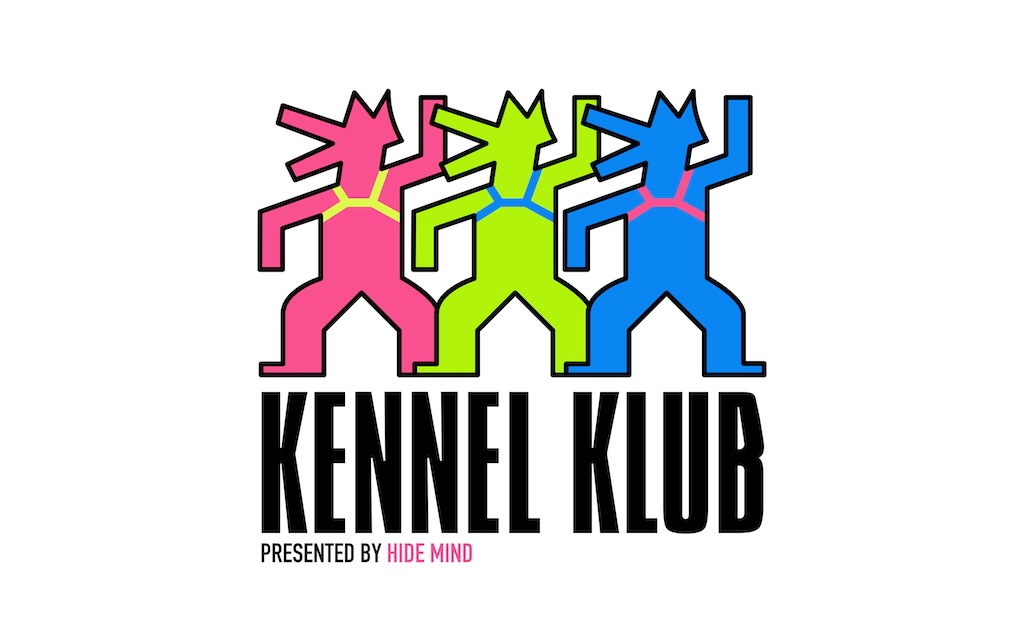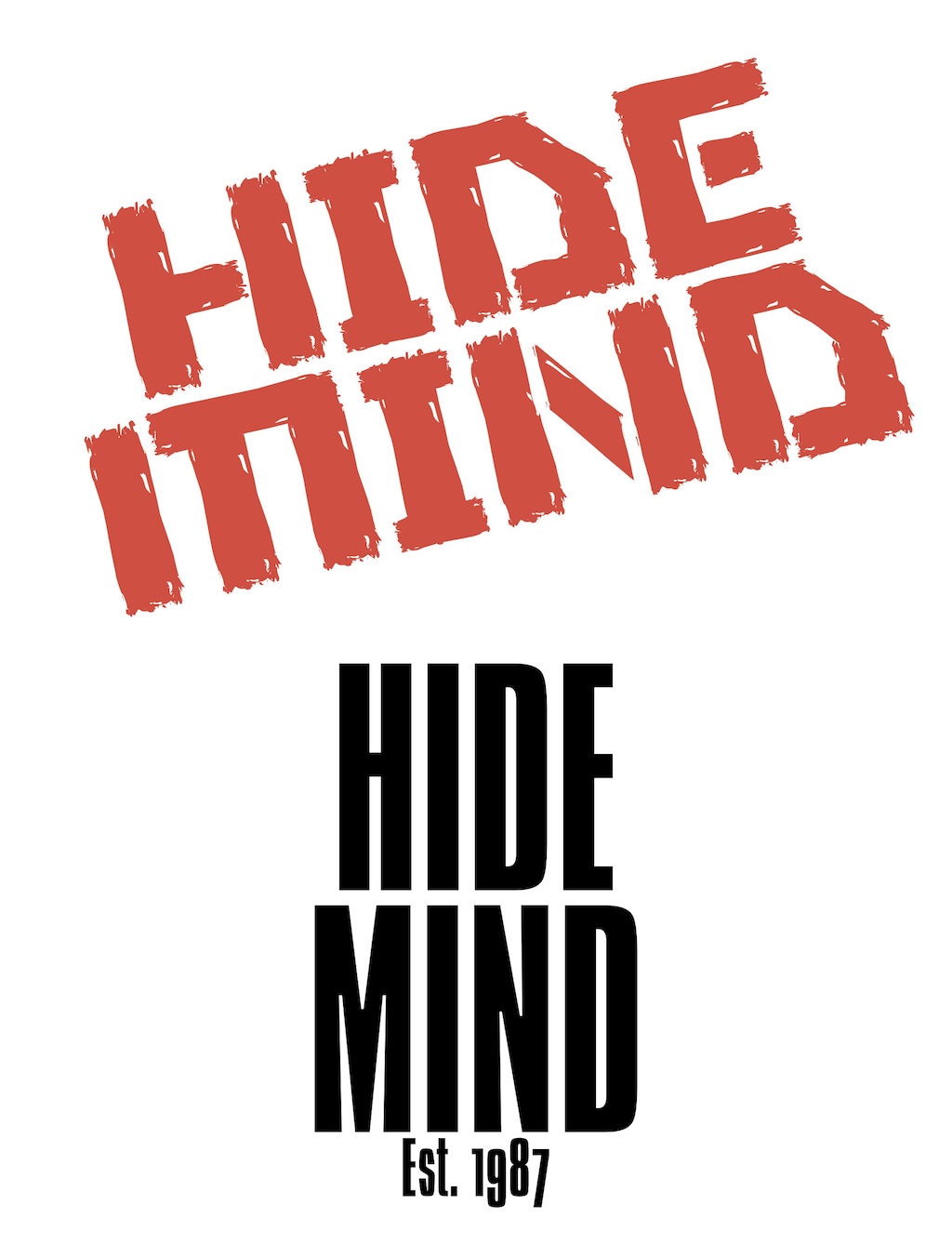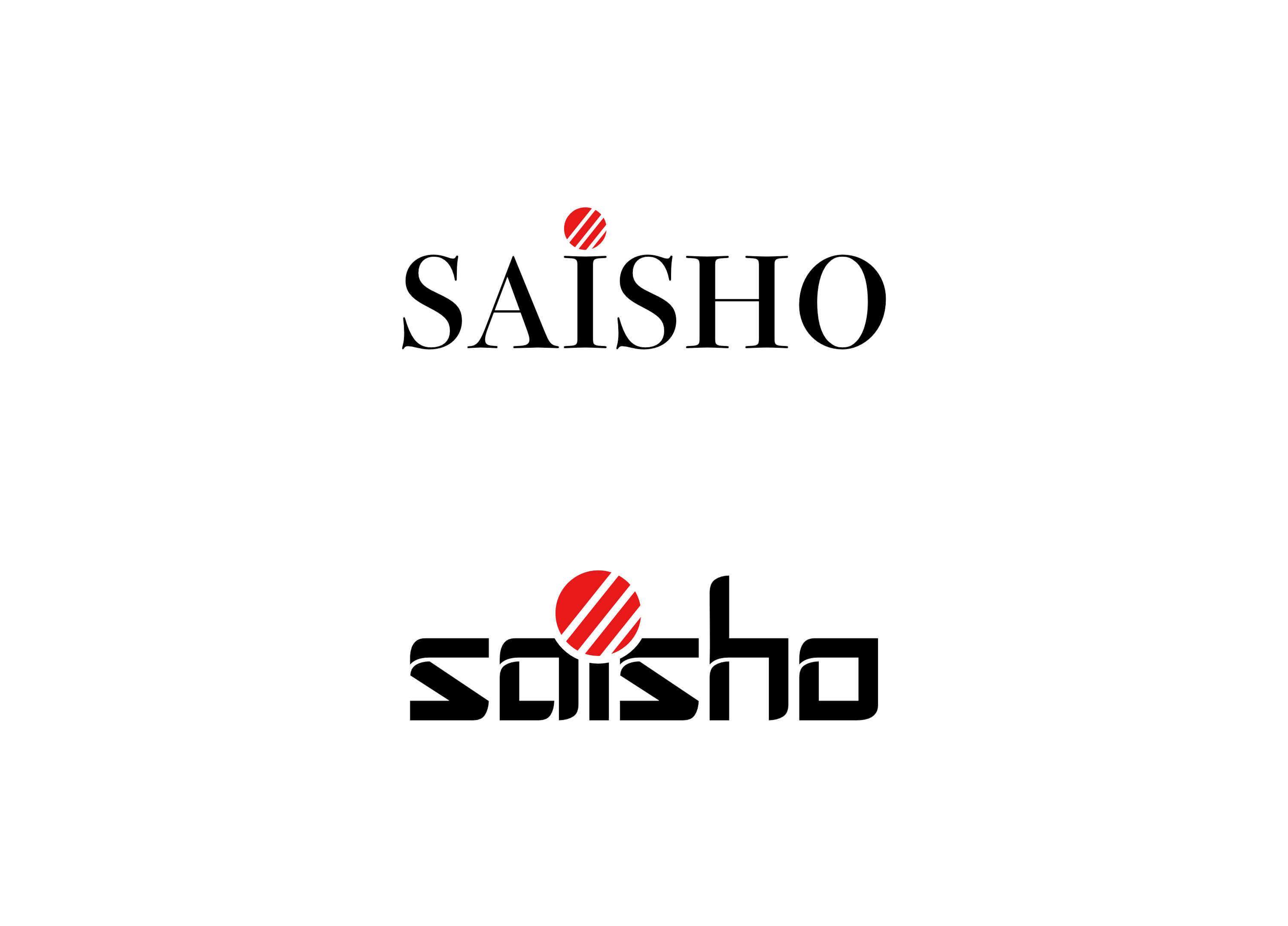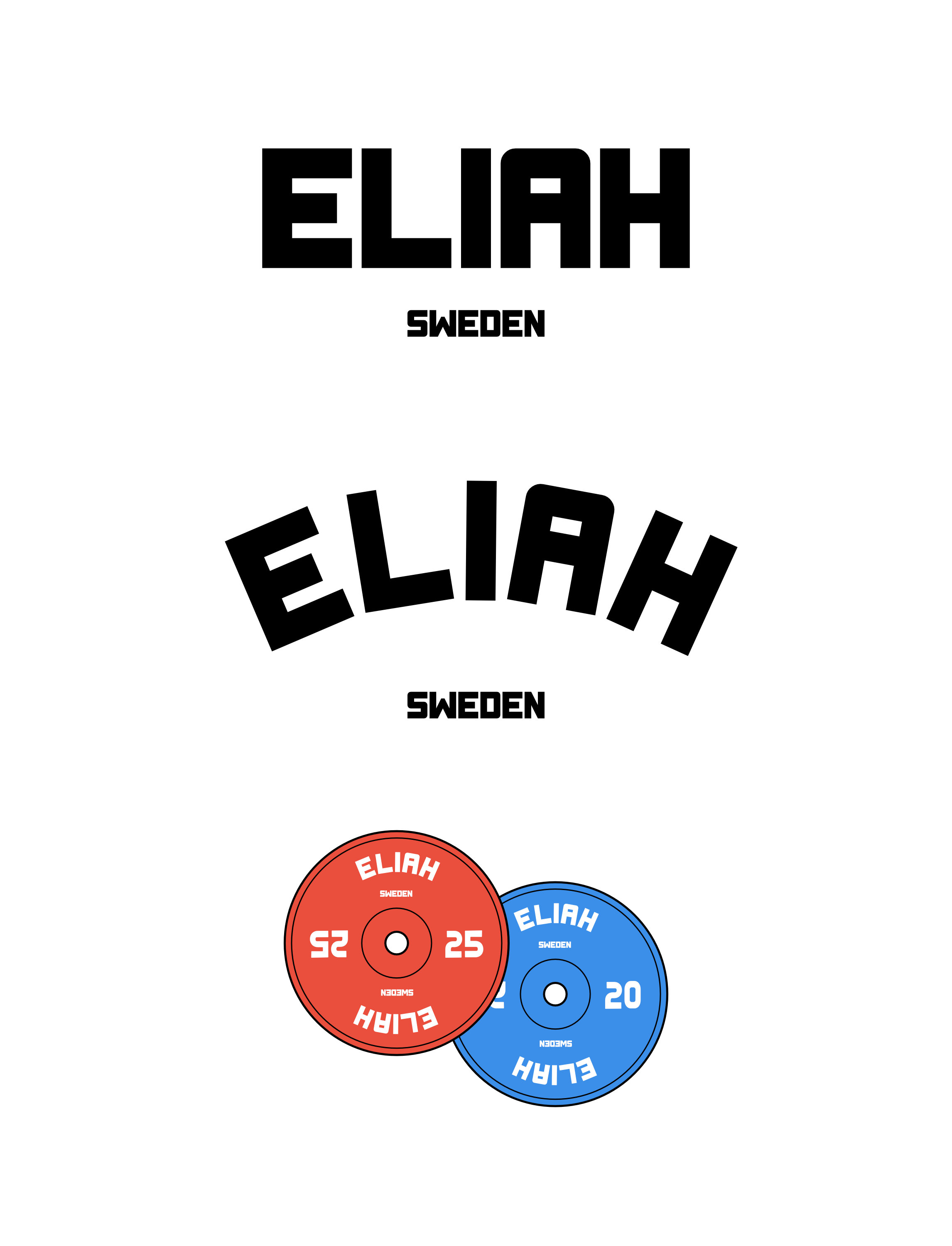Fictional Branding
Throughout my commissions, when branding or other such logos appear in the background, they will be consistent and pull from a pool of faux branding I have designed. Each brand has a small backstory, here written in the style of a Wikipedia article, and a logo or logos associated with them. You can read more about them below.
Kennel Klub GmbH
I wanted a brand to represent events for the in-universe equivilent of "pup play", mirroring my own interesst in the BDSM sub-genre and events I attend in real-life.
Article on Kennel Klub GmbH

Kennel Klub GmbH is a British owned German event operator hosting various "Pup Play" events for Canines in Germany, the United Kingdom, the Netherlands, the United States, Canada, France and Austria. The company was founded in 2006 in Germany by British nightclub operator Hide Mind Ltd, with it's first and only venue opening in Berlin in 2007. The Kennel Klub branding is used in Hide Mind venues for Pup Play events in the United Kingdom, and in countries outside the UK is the primary operator of Hide Mind events in the Netherlands, France and Austria.
In 2014 the company released the first album in the series "Klub Musik für Hunde" (Club Music for Dogs), which became a yearly release after positive reception. Kennel Klub was so influential in the Berlin canine sphere that the type of dark techno and trance played at their events is colloquially known as "Kennel Musik".
Hide Mind ltd.
This brand came to mind when trying to develop an idea for a more specific fetish event for commissions involving photo-shoots. Your typical gay club venue doesn't offer such services. Likewise, it gives a sense that the event characters in an image must be attending is higher-end and worthy of such a photo, as if it was something they were looking forward to and purchased a ticket for.
Article on Hide Mind ltd.

Hide Mind ltd. is a British nightclub and event operator with venues in the United Kingdom and events hosted in the Netherlands, France and Austria. The company was founded in 1987 in Newcastle Upon Tyne, England, with the mission statement to serve as a venue to host more specific and underserved fetish events. It's name is in reference to leather hide, a common material used in various fetish outfits.
Nippon Saisho Electronics Company.
This brand was originally owned by DSG Retail Limited in the United Kingdom, beginning operations in 1982 as an own-brand for budget items. The brand is long-since defunct, but I've taken the name and general idea of "electronics" and revitalised it as a large-scale multi-national corporation inspired by the likes of Mitsubishi and Samsung.
Article on Saisho

Nippon Saisho Electronics Company, trading as Saisho, is a Japanese Multi-National electronics corporation specialising in consumer and professional audio products. They rose to prominence in consumer electronics by offering accessories for the early personal stereo market, but they were most well known for their range of inexpensive studio consoles and monitors often bundled alongside budget musical instruments from other manufacturers.
By the late 1980s, the derogatory term "Side Show" was coined. The magazine Electronic Audio Monthly in their July 1989 issue stated "low quality and fly-by-night production companies all have one thing in common; their master control surface will bear Saisho branding. Whilst there is nothing inherently wrong with Saisho consoles, their LS-3200 even winning a best-in-show just last year, the low price of their smaller consoles means anyone with ears and snake oil to sell can hack together a 'studio' for little money and even less knowledge. It's like a bad Side Show when you spot a Saisho."
By 1995, Saisho became the brand leader in low- to mid-range professional studio products, with their consumer electronics division closing in 1994 after the market failure of their own personal stereo line, most notably the 885 Super Cassette.
Bauer Outdoor Apperal.
The idea for Bauer is that an old brand, once serving a very true and practical purpose (IE: selling outdoor clothing for extreme cold) has pivoted to becoming a fashion outlet. Despite some products being suitable for outdoor use, the bulk of their lineup is more casual, such as knit hats and walking boots.
Article on Bauer

Bauer Outdoor Apparel is a United States based German manufacturer of cold weather and outdoor clothing founded in 1890 by Frederik Bauer. Their original clothing was tailor made for Bauer and his associates to venture into arctic exploration. In 1898, Bauer had emigrated to the United States and built a new factory for his clothing to sell in the Northern USA and Canada, where it was marketed as casual winter garments but with the promise of being suitable for arctic conditions.
The garments found favour with labourers in the North-Eastern region of the USA and in Canada. By the 1950s, they were selling a complete line of clothing and accessories. Their Alpine range of jackets debuted in 1956, with their near ubiquitous "Bauer Beanie" knitted hat debuting in 1957. The Ski Supreme jacket debuted in 1984 to great success, but was the last garment manufactured in Germany. The company, despite still being listed as a German entity, manufacturers and designs all of its apparel out of Boston, MA. They are most well known for their jackets, hats and walking and climbing boots.
Eliah Co.
Eleiko, but not quite. Eliah is a not-so-subtle knock off of the eponimous Swedish brand of professional weightlifting equipment to use in the background of gym scenes.
Article on Eliah Co.

Eliah Co. is a Swedish manufacturer of Olympic, Paralympic, competitive and casual weightlifting and gym equipment. They standardised the colours of professional weightlifting plates, which they originally sold in sets to commercial gyms and sports associations.




